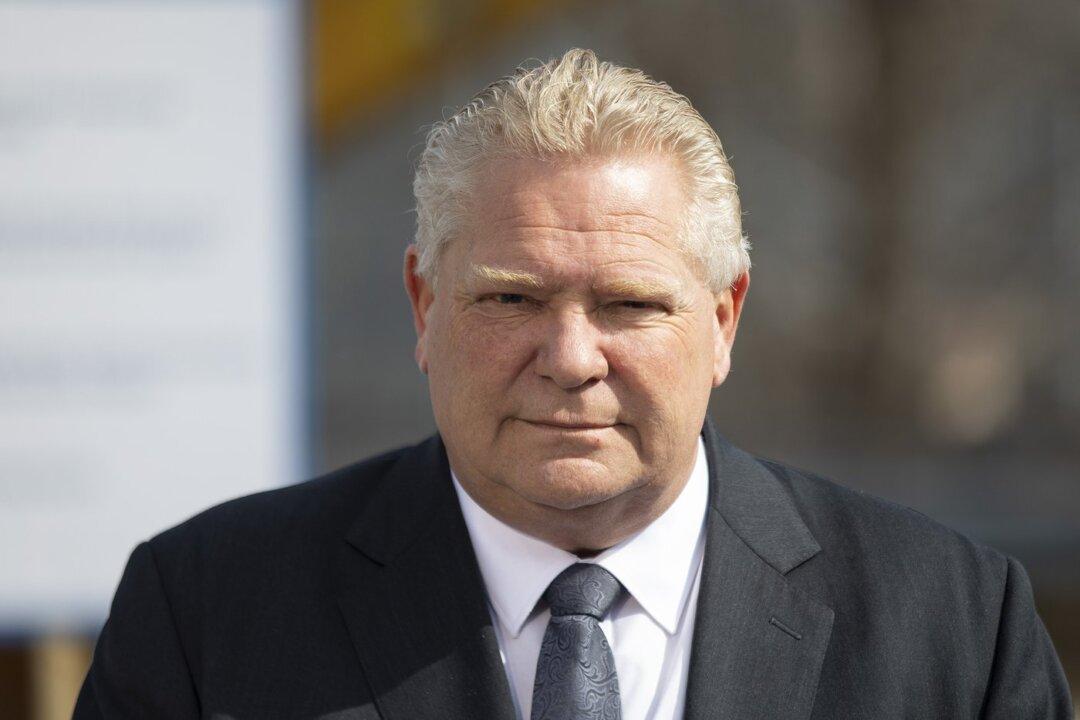Commentary
Ontario Premier Doug Ford was re-elected in June with a large Progressive Conservative government. But while his main focus will be on provincial matters, his long-standing interest in municipal politics hasn’t waned in the slightest.

Ontario Premier Doug Ford was re-elected in June with a large Progressive Conservative government. But while his main focus will be on provincial matters, his long-standing interest in municipal politics hasn’t waned in the slightest.